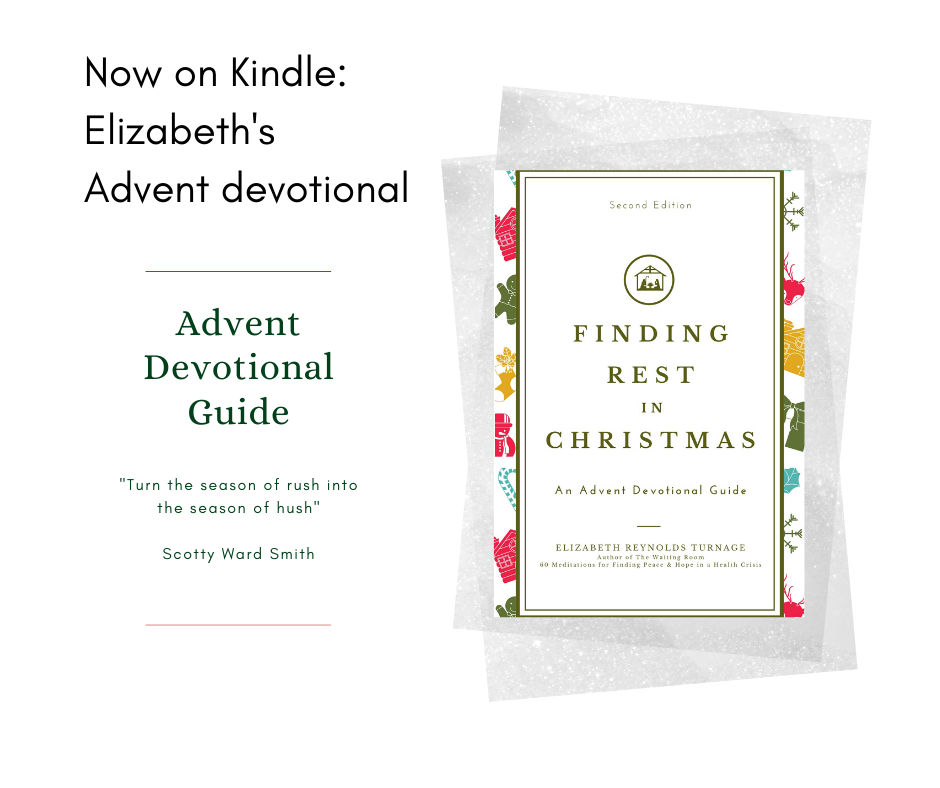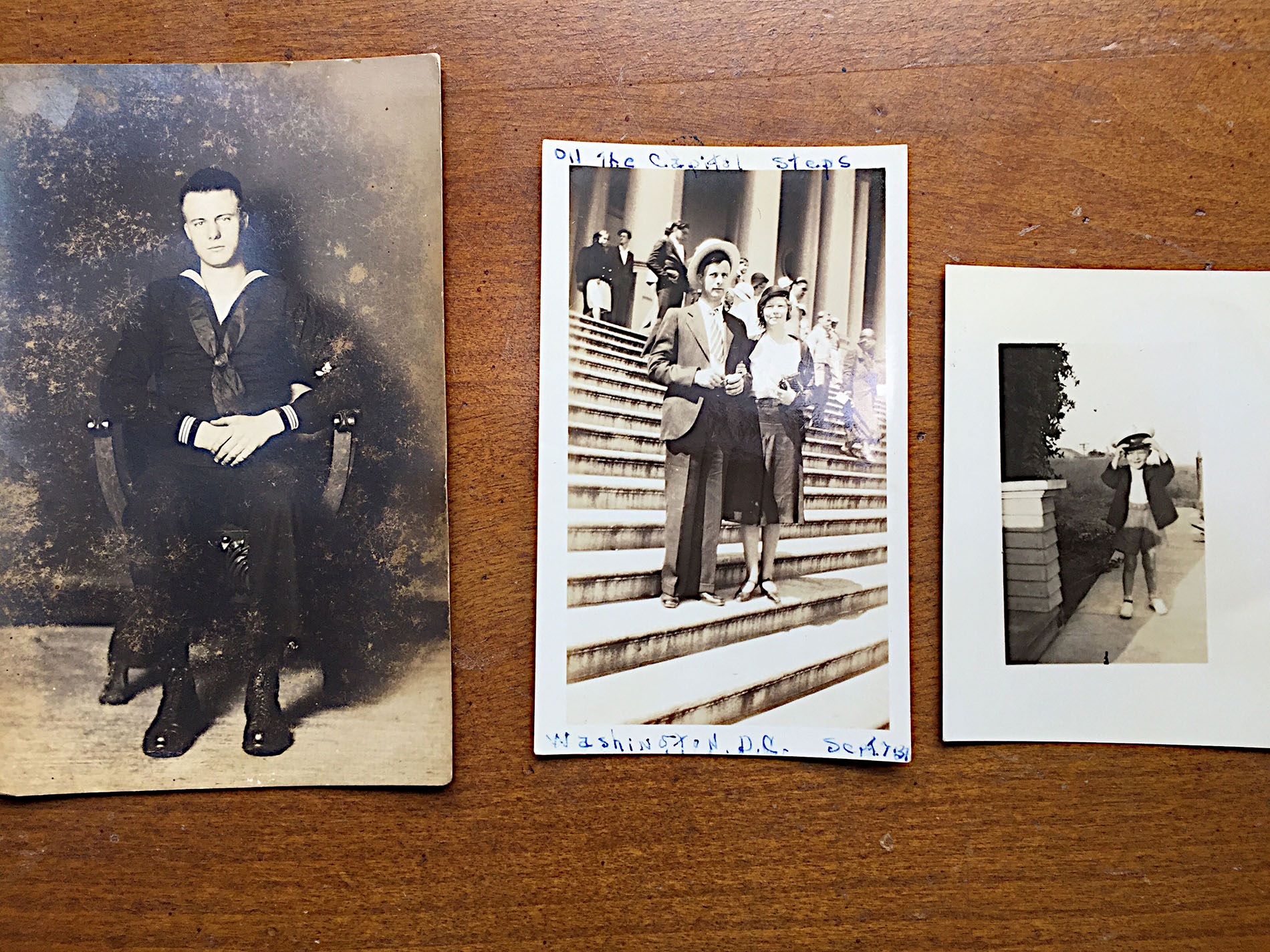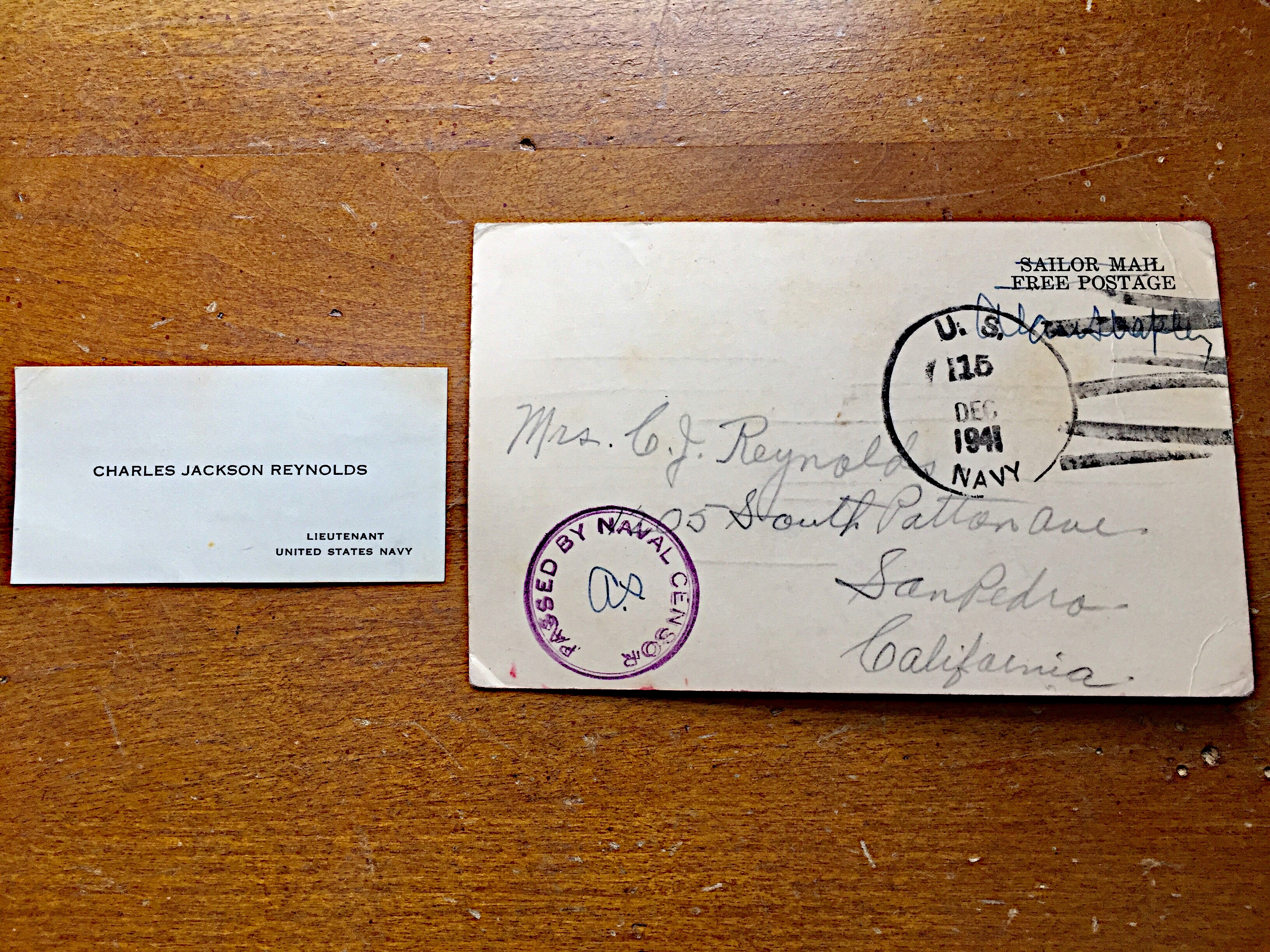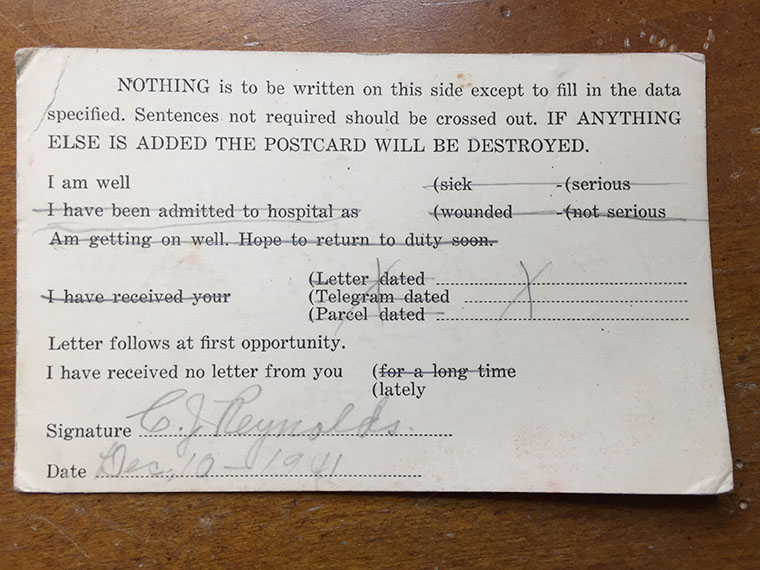You Are With Me: A Meditation for the Lonely Times
You Are With Me: A Meditation for the Lonely Times
When you’re feeling lonely…
Valentine’s Day can leave us feeling lonely, no matter how well-loved we are. Today I’m sharing an excerpt from the new devotional I’m writing for people recovering from all sorts of crises. It’s called “You Are with Me.”
Even though I walk through the valley of the shadow of death,
I will fear no evil, for you are with me;
Your rod and your staff, they comfort me. Psalm 23:4, ESV
Traversing the road of recovery is not unlike walking through the valley of the shadow of death. Each journey is complex and mysterious, of uncertain length, and fraught with unknown fears. And yet, according to David, who journeyed through many dark valleys, we can “fear no evil,” because we are not alone. The Lord is closer than whispering distance, guarding and guiding us with his presence.
Imagine you find yourself in a narrow alleyway running between two high buildings in a dangerous urban area. No streetlights. No building lights. Stark starless night darkness. You can’t see the tips of your fingers, much less the end of the alleyway. It’s too late to return to the other side; before you saw what you saw, before the surgeon made the cut, before your loved one died. The recovery road has much in common with David’s valley of deep darkness.
Notice that David walks through this valley of deep darkness; he doesn’t run, even though he might be tempted to do so. Running isn’t an option when you’re recovering from disaster. Notice that David walks through this deep valley. There is no way around it; there is no turning back. The only way is to go through it, to get to the other side. Notice that David is alone in this deep darkness: “Even though I walk.” Even when we are in healthy community, we can feel isolated in recovery, as if no one else has ever walked this particular shadowland before.
How would it be possible to fear no evil in a place of such “suspense and surmise,” in which “the evil of evils is uncertainty”[i]? The answer comes in the pivot point, verse four, “For you are with me.” Earlier, David told us that the Lord, third person, is his shepherd; now he addresses the Lord directly:
“You are with me.”
You, the King of kings, are with me.
You, the lion of Judah, are with me.
You, the crusher of Satan, are with me.
Take heart, dear friends. His light, the light that has overcome the darkness, has flooded this dark valley. The Lord, your Shepherd, who counts you as his sheep by his rod, who protects and guides you with his staff, is with you.
Prayer
Lord, You are our Shepherd. We trust you to guide us, protect us, and secure us in this dark valley of deep uncertainty. Surround us with your love and mercy that we may never stray from you. Amen.
Further Encouragement
Read Psalm 23.
Listen to “God Is My Shepherd,” at https://www.youtube.com/watch?v=LtDXHgTi-5s.
For Reflection
What dark valley are you walking through right now? What is uncertain and frightening? How does it help to know the Lord is your shepherd?
[i] Charles Spurgeon, THE VALLEY OF THE SHADOW OF DEATH NO. 1595 https://www.spurgeongems.org/vols25-27/chs1595.pdf, 3.
Want to know when the new devotional is available? Please join Living Story subscribers to stay tuned and get free gospel centered resources.
Photo by Sasha Freemind on Unsplash















